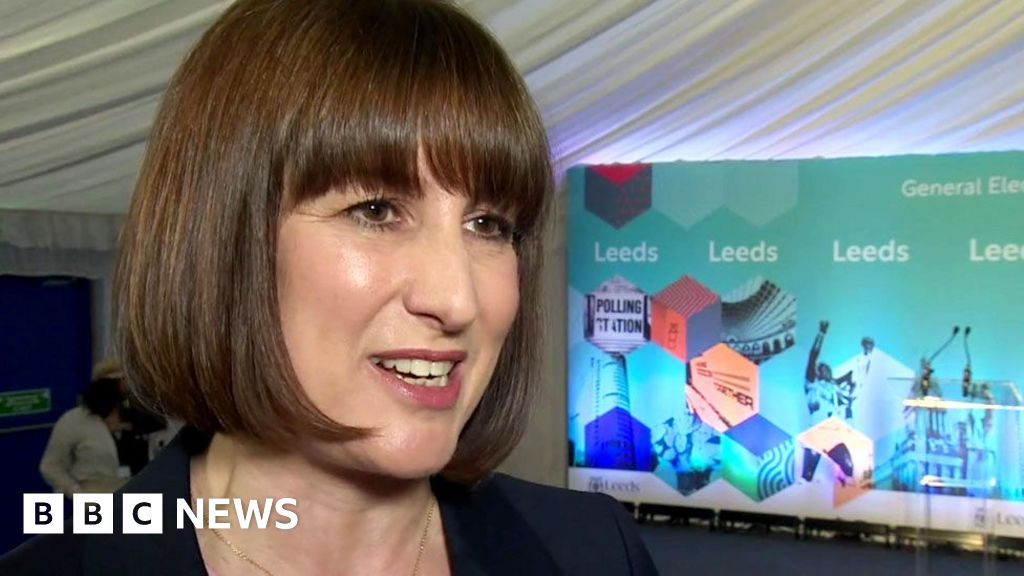‘There’s not a huge amount of money,’ says new chancellor Reeves

Rachel Reeves has issued a damning assessment of the state of the UK’s finances.
The new chancellor of the exchequer said she was inheriting a depleted economy from the Conservatives that would create a “challenge” for the new Labour government.
“There’s not a huge amount of money there,” Ms Reeves told the BBC. “I know the scale of the challenge I inherit.”
Ms Reeves said she would lean on the private sector to cover the shortfall.
“Private-sector investment is the lifeblood of a successful economy. We need to unlock private-sector investment,” she said.
Sir Keir Starmer has become the UK’s first Labour prime minister since 2010 after his party’s landslide general election victory.
Labour is returning to power with a huge parliamentary majority of 174, following a collapse in support for the Conservatives.
Ms Reeves’ comments on the economy come 14 years after Labour’s ex-Chief Secretary to the Treasury, Liam Byrne, left a note for his successor to say there was “no money” left when his party lost power in 2010.
The note, which Mr Byrne later said was a joke, read: “Dear Chief Secretary, I’m afraid there is no money. Kind regards – and good luck! Liam.”
Despite Ms Reeves’ comments, the economy improved in the run-up to the election, growing by 0.7% between January and March, which was slightly more than initially estimated.
The upward revision meant the UK was the fastest growing economy in the G7 group of nations in the first three months of this year.
But, while the UK has emerged from the economic recession it entered in the final months of 2023, many households may not be feeling better off, with budgets having been stretched by rising prices in recent times.
Interest rates are currently at their highest level for 16 years at 5.25%, meaning people are paying more to borrow money for things such as mortgages and loans, although savers have also received better returns.
And the latest figures on the economy show it failed to grow in April after particularly wet weather put off shoppers and slowed down construction.
Ms Reeves said that reform of the planning system was “front and centre” of Labour’s plan to grow the economy.
In order to build the 1.5 million homes and the energy infrastructure that Labour has committed to, “we need to change how our planning system works – speed it up, stop the bureaucracies that are tying up investments in red tape,” she said.
“Stability is needed after the last 14 years – five prime ministers, seven chancellors, 12 different plans for growth, each delivering less than the last. But alongside stability, we need investment.”
Related
Why investing in women is a vital next step for…
Get Nadine White's Race Report newsletter for a fresh perspective on the week's newsGet our free newsletter from The Independent's Race CorrespondentGet our fre
Business secretary signals major shift on electric car policy to…
In a determined effort to retain Nissan’s manufacturing presence in Britain, Business Secretary Jonathan Reynolds has vowed to implement “substantial c
Joint Statement: Business Secretary and Fujitsu Services Ltd
Business and Trade Secretary Jonathan Reynolds today (Friday 7 March) met chiefs for Fujitsu in Tokyo to begin talks over the cost of redress for victims of th
UK foreign secretary backs multilateral defence funding for Europe
UK foreign secretary David Lammy has said that a new multilateral fund will be needed to secure Europe’s defence as he confirmed that Britain is “open to”













